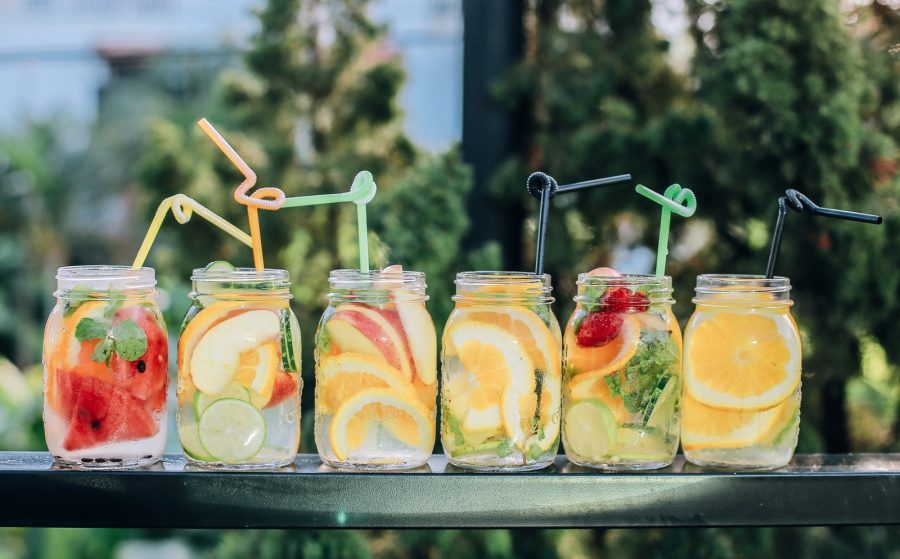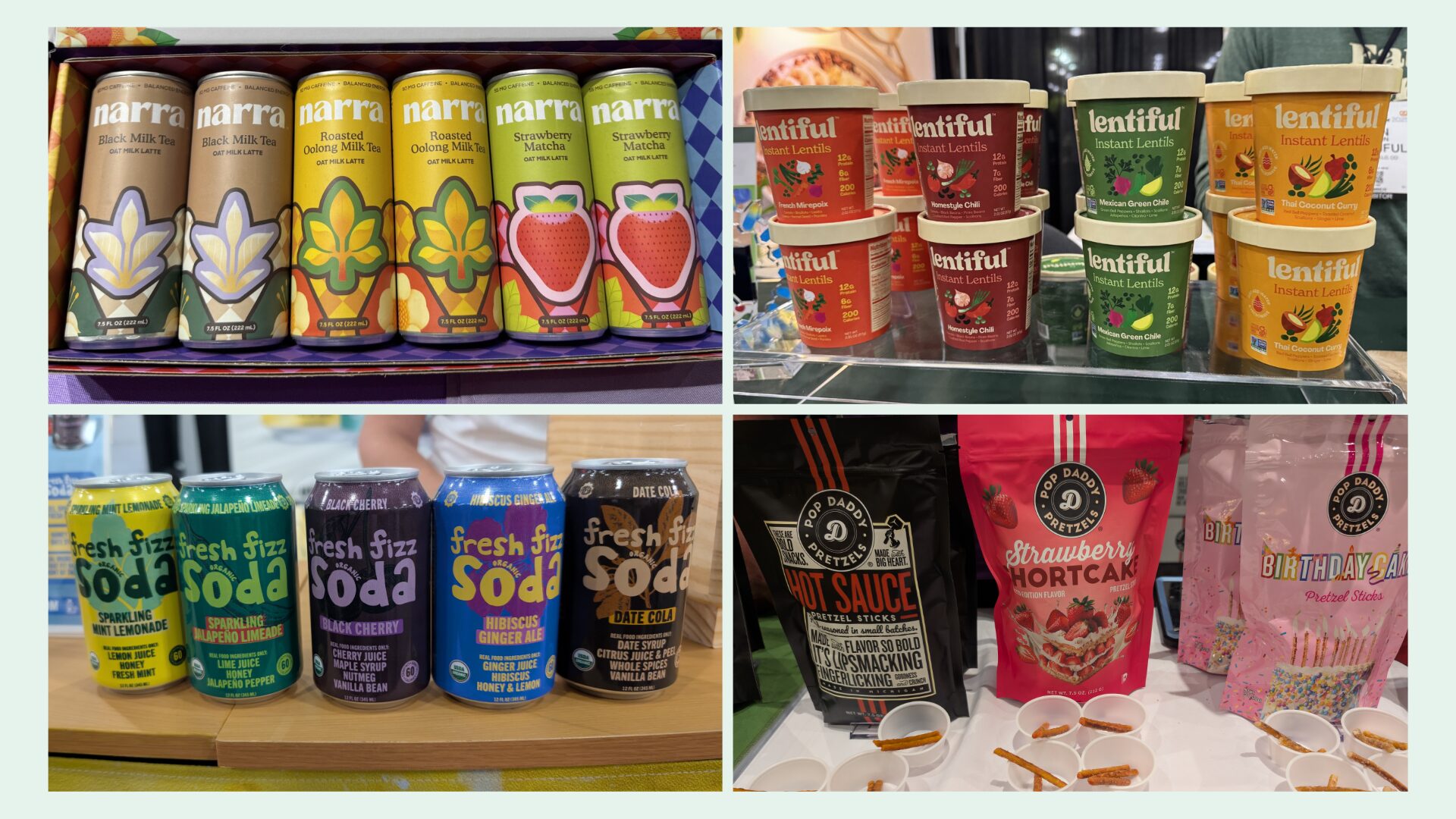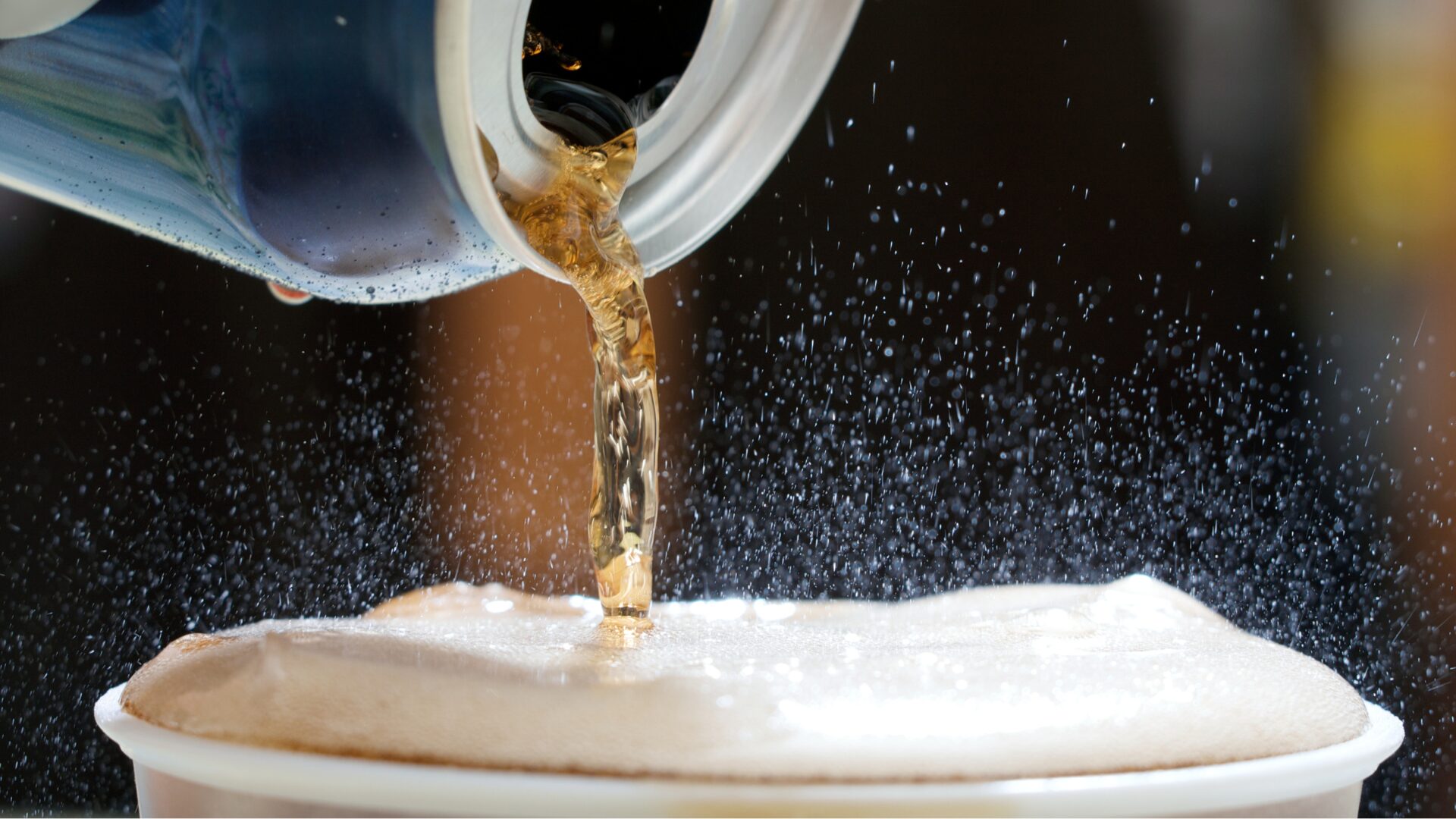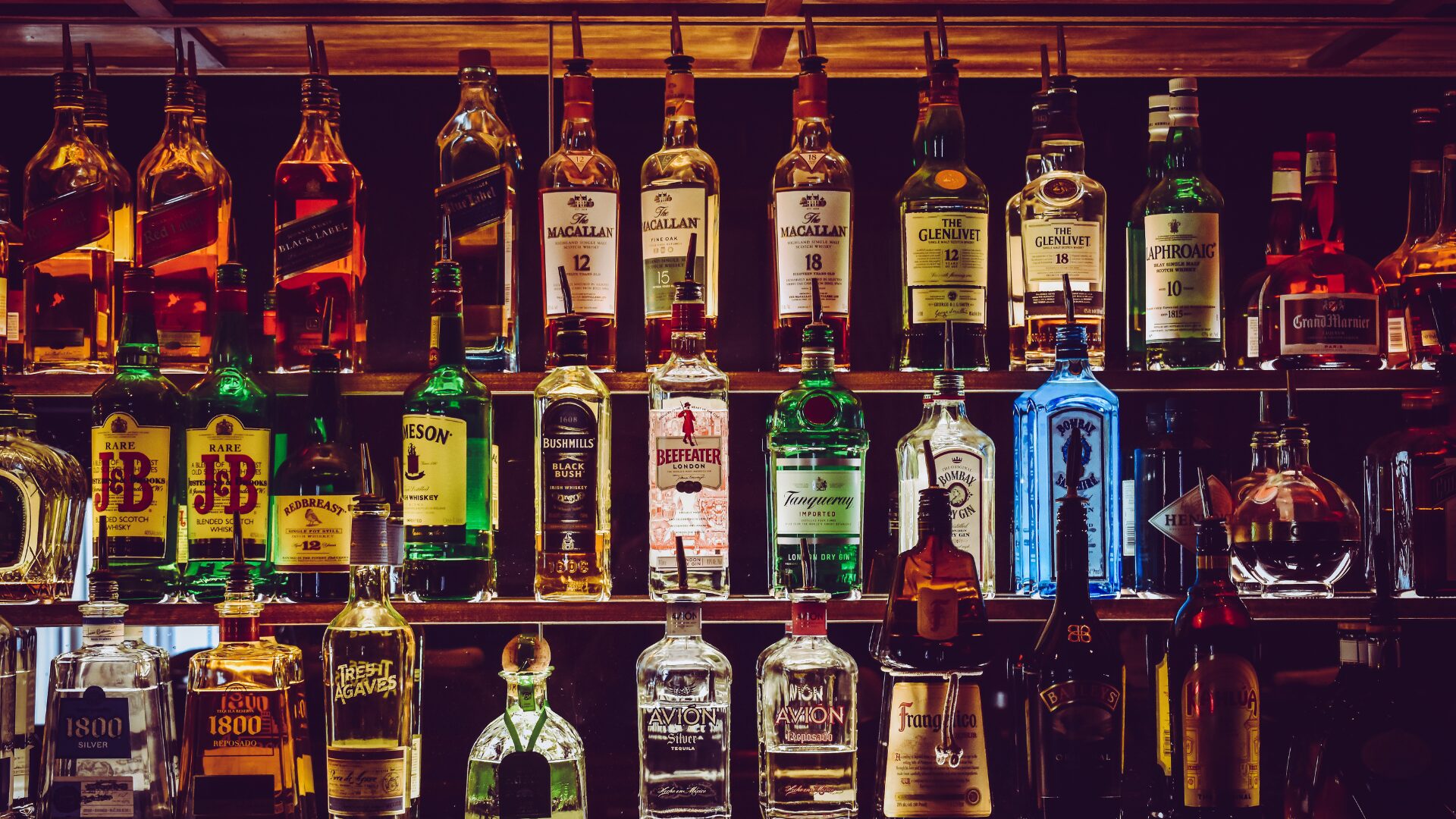Global research firm Mintel predicts strong growth in the functional beverage market as consumers seek out products that enhance their mental and emotional well-being, reported Supermarket News (July 9).
WHAT IS DRIVING DEMAND?
The Food Institute recently spoke to Ben Goodwin, co-founder and CEO at functional soda brand Olipop, about growth in the market. When asked about what he believes is driving stronger demand for functional beverages, he had several thoughts.
“I think it’s a combination of two forces,” said Goodwin. “Our health care system is generally overloaded and many people suffer from health issues, many of which are preventable or addressable through lifestyle and diet.”
Goodwin added that, according to the CDC, around two thirds of American’s have metabolic issues and digestive distress issues. “This is driving consumers to look for solutions in their food and beverage options,” he continued.
In The Hartman Group’s Functional Food & Beverage and Supplements report, it was found that more than half of consumers (56%) seek out functional beverages to treat or prevent specific conditions. The report also found that consumers are using beverages to deliver functional benefits around hydration (cited by 34% of consumers), energy (18%), general prevention (15%), immunity (13%), digestion/microbiome (13%), fitness/performance (12%) and weight management (12%).
In addition, Goodwin believes that as the functional category expands and evolves, it creates a self-fulfilling awareness that naturally drives consumers to expect more. “CPG companies then up-level to compete and the whole process accelerates.”
WHO IS THE DEMOGRAPHIC?
At Olipop, the brand primarily sells to 25-35 year-old women and families. However, Goodwin said the company’s “tent” is expanding fairly rapidly as distribution grows.
“We are reaching new customer groups as we expand into new channels of trade (conventional grocery and mass), identity partners/talent with broader reach, and formulate flavor profiles with a widespread appeal,” said Goodwin.
According to The Hartman Group’s report, targeted benefits are particularly important for younger consumers and interest in emerging ingredients also skews younger. Gen Z and Millennials were particularly interested in those ingredients that support energy/focus, immunity, inflammation, and anxiety.
PERCEIVED BENEFITS
There is a wide variety of beverages on the market that claim to contain a range of health benefits. For example, Pepsi’s Driftwell is designed to support sleep as consumers struggle with stress, while the brand’s Soulboost drink variations claim to support mental stamina and relaxation.
As for Olipop, Goodwin said its beverages support digestive and microbiome health, with each can containing 9g of fiber and a range of prebiotics and botanical extracts.
The brand recently completed clinical work with Purdue and Baylor College of Medicine with results indicating that Olipop increased beneficial microbial diversity, was strongly bifidogenic (promotes the growth of bifidobacteria in the intestinal tract) and increased the production of multiple varieties of short chain fatty acids.












